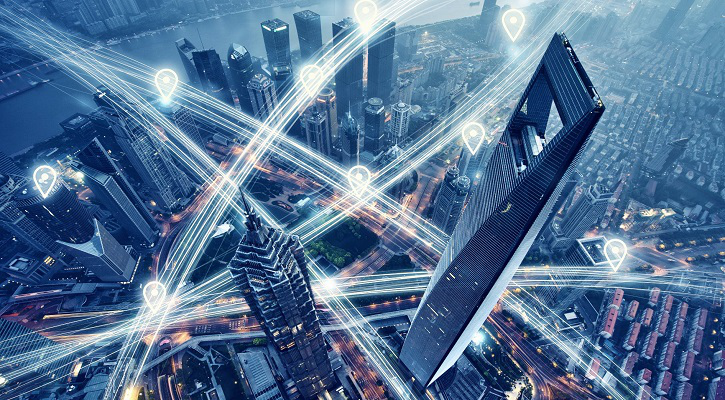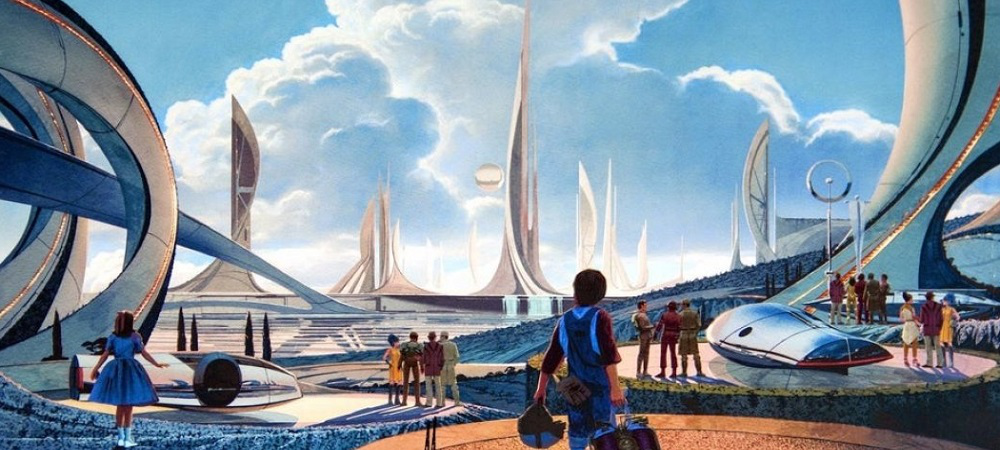
What is a Smart City?
Modern cities face many challenges, such as population growth, environmental pollution, transport and infrastructure problems. The development of technologies and innovations has led to the emergence of the concept of “smart cities”, which seek to solve these problems using the integration of information technology and data. Smart cities apply various technological solutions to improve the quality of life of citizens, improve resource management and create a more sustainable and comfortable urban environment.
Traffic and Transport Management
One of the key areas of technology application in smart cities is transport management. The use of sensors and monitoring systems allows for effective traffic management, reducing congestion and optimizing public transport routes. Intelligent traffic light and road marking systems ensure smoother traffic flow, reducing travel time and emissions of harmful substances into the atmosphere.
Energy saving and resource management
Energy saving is one of the most important tasks of smart cities. The introduction of smart energy systems allows for efficient management of energy consumption, reducing costs and reducing the impact on the environment. The use of smart grids and smart meters allows for the optimization of energy distribution, as well as the integration of renewable energy sources such as solar and wind turbines.
Security and emergency management
Smart city technologies also play an important role in ensuring the safety of citizens. Video surveillance systems equipped with real-time data analysis help prevent crime and quickly respond to emergencies. Smart warning and crisis management systems provide prompt information and coordination of actions in the event of natural disasters or other emergencies.

Improving the environmental situation
Smart cities actively use technology to improve the environmental situation. Air and water quality monitoring systems allow for prompt identification of pollution sources and the adoption of measures to eliminate them. The introduction of smart waste management and recycling systems contributes to more efficient use of resources and a reduced burden on the environment.
Digitalization of city services
Digitalization of city services facilitates interaction between citizens and various municipal services and institutions. The creation of online platforms and mobile applications allows for quick receipt of information on the operation of public transport, road conditions, payment of utilities, and much more. This not only increases convenience for citizens, but also improves the efficiency of city services.
The development of smart cities opens up new opportunities to improve the quality of life of city residents. The integration of modern technologies allows for the creation of a more sustainable, safe, and comfortable urban environment. However, for the successful implementation of these projects, it is necessary to take into account not only technical but also social aspects, ensuring transparency and citizen participation in decision-making processes. Ultimately, smart cities are not only technologies, but also a new philosophy of management and interaction aimed at creating a more harmonious and sustainable future.
